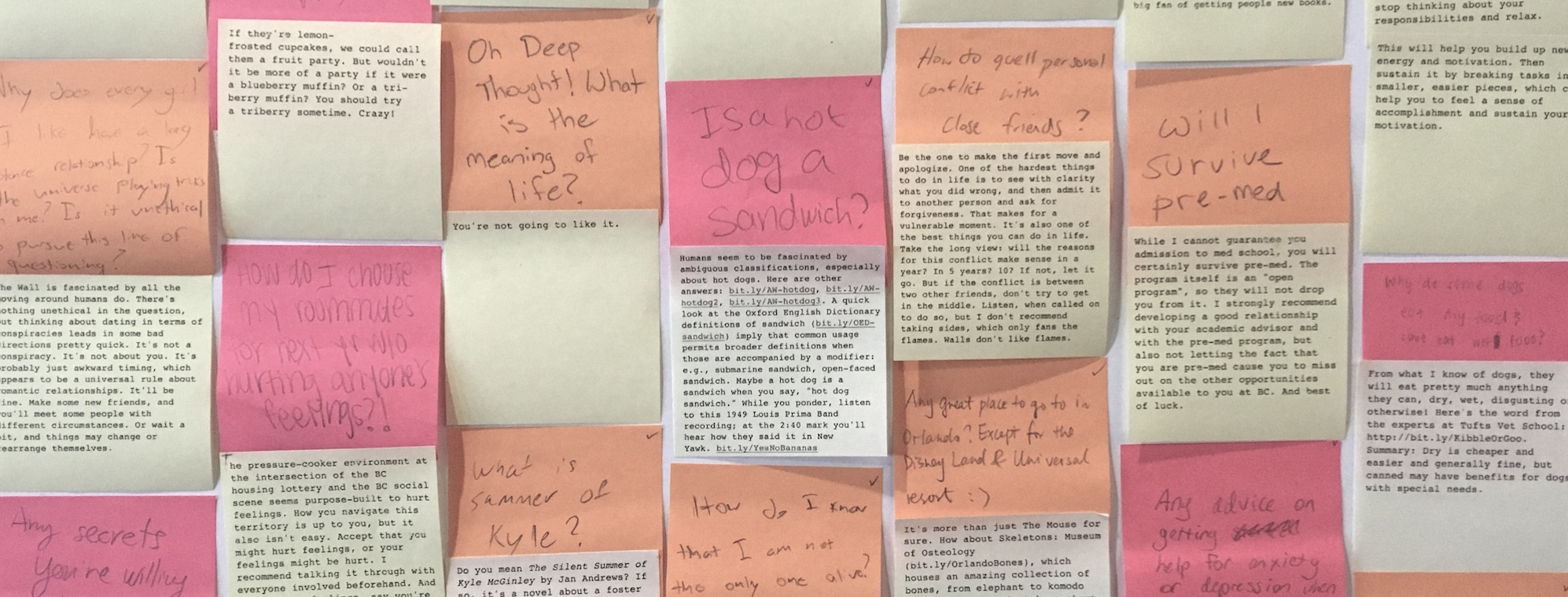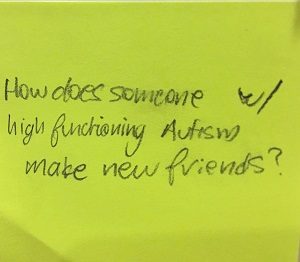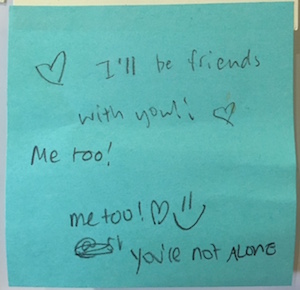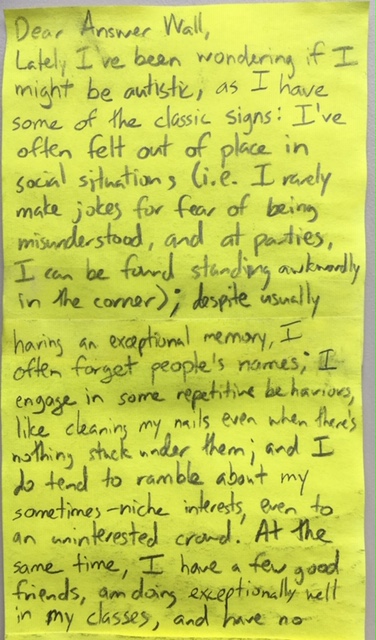
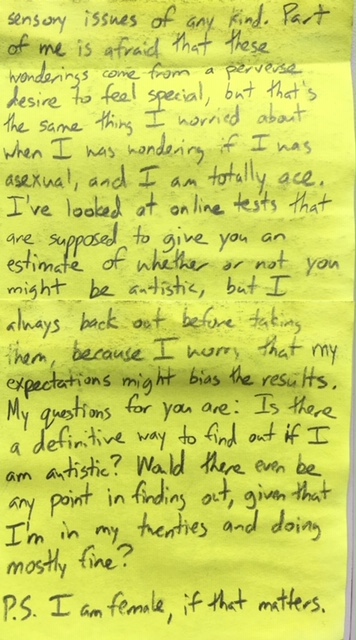
Thanks for sharing your candid & discerning disclosures. As you know, “autism” describes a broad spectrum of conditions (bit.ly/nimh-autism). You may or may not have a particular set of behaviors that would result in a diagnosis on this spectrum. Whether or not you are diagnosed, setting the process in motion could help you (and a professional) create a treatment plan that could address some of the behaviors you’d like to change, or it could just give you peace of mind to know for certain. You could begin the process either with Counseling Services (bit.ly/bc-counseling) or with your own primary care physician, and ask for a referral for testing. (BTW, your skepticism about online tests sounds healthy.) Whatever you do, I’m sure you’ll find a way to know yourself better.

